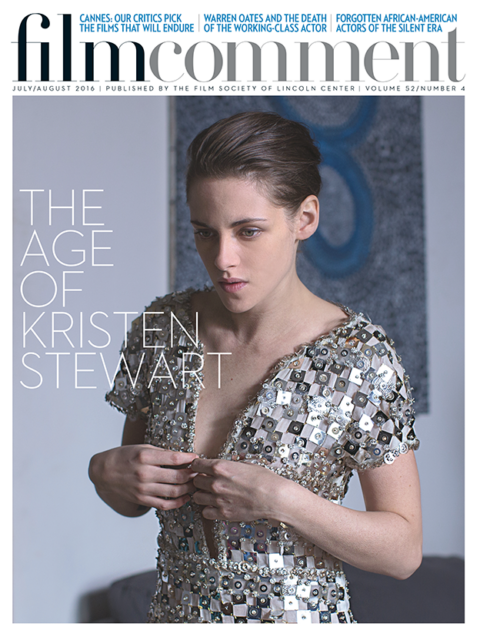
Short Takes: Summertime
Framed against the backdrop of the 1970s feminist movement in France, Summertime explores the age-old conflict between love and duty through a delicately drawn portrait of a tumultuous lesbian relationship. The robust daughter of farmers, Delphine (Izïa Higelin) moves to Paris in search of independence, and finds herself involved in a women’s liberation group. At the vanguard of the struggle is Carole (Cécile de France), a vibrant and outspoken Spanish instructor with whom Delphine becomes infatuated at first sight.

Blending lyrical simplicity with voluptuous romanticism, the film traces the development of the women’s affair as they travel from the city to the country. Compelled to take over her father’s farm after he suffers a stroke, Delphine soon realizes her sexual identity is incompatible with her conservative heritage. Where Carole finds an impetus for rebellion, Delphine uncovers the painful necessity for compliance.
The juxtaposition of pulsating Paris with the static and reactionary countryside yields a compelling metaphor for Delphine’s moral conundrum. Director Catherine Corsini depicts the emergence of desire in raw, rapturous bedroom scenes, which possess the ethereal quality of impressionistic painting, and benefit greatly from the palpable chemistry between Higelin and de France, who is translucent here. What’s frustrating about Summertime is its sometimes overly didactic tone, by which it clumsily attempts to wrap up its own difficult questions about personal freedom.







